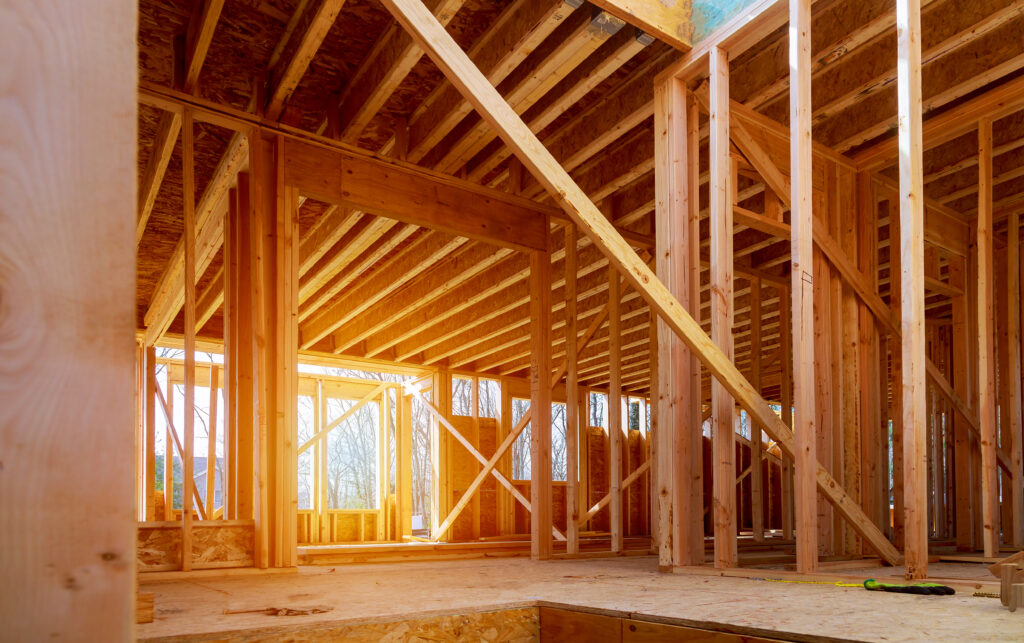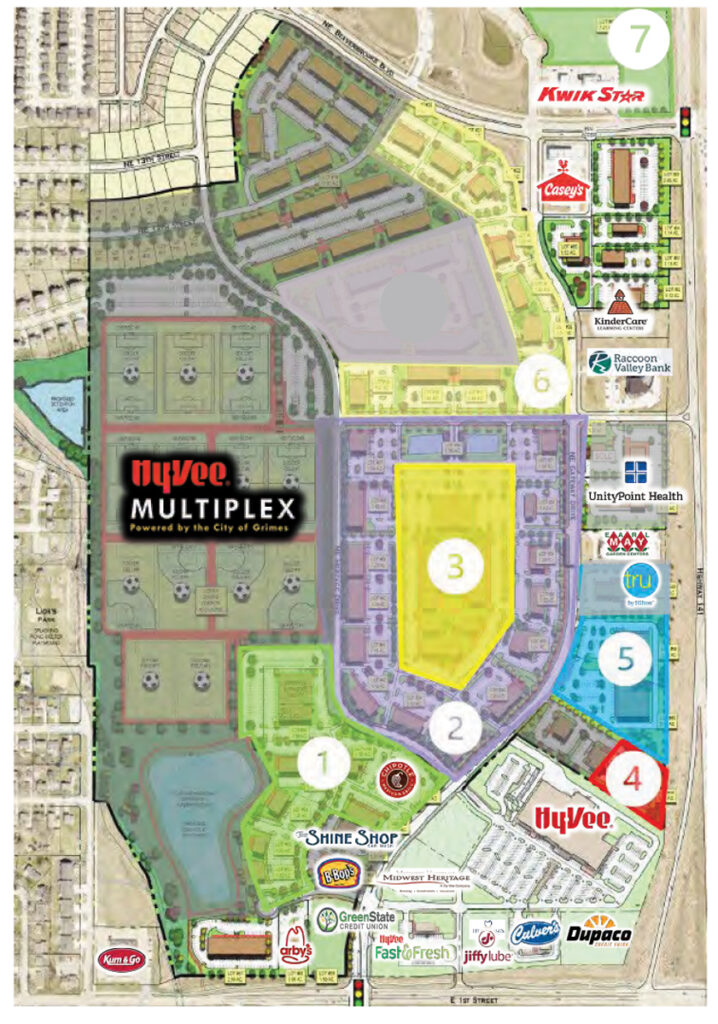Down on the farm
Linn County project would create an ag-based neighborhood

KENT DARR May 9, 2019 | 8:50 pm
4 min read time
854 wordsBusiness Record Insider, Real Estate and DevelopmentDes Moines-based urban planner and landscape architect Dennis Reynolds is at work in a farm field near Cedar Rapids, putting to play the principles of New Urbanism that he often advocates with ag-based development.
Reynolds, who these days splits his time between a downtown Des Moines loft and a home at a conservation development called Jackson Meadow in Marine On St. Croix, Minn., has spent the last year working with Linn County officials on a project called Dows Farm, a planned residential community that will share the landscape with a working farm.
Linn County bought the 179 acres of property located a few miles east of Cedar Rapids in 2016 as part of a larger land acquisition to enlarge a nearby county park.
“The county could have easily sold it for development and most likely would have ended up with a conventional development proposal for the property at some point. However, the county found itself in a unique position to be able to set the tone for the character of development through the simple fact that it owned the land,” said Les Beck, the county’s planning and development director.
Rather than unload the property to the highest bidder, county supervisors “checked all the boxes in the Linn County Comprehensive Plan: a development that protects the environmental resources along the Squaw Creek stream corridor; that capitalizes on the agricultural heritage of the site; and that provides multi-generational housing opportunities and integrates best development practices for stormwater management and energy efficiency,” Beck said.
As with many Iowa farms, it features rolling hills and woods that fold into a stream valley, meadows and tillable land. County officials hope to preserve the beauty, preserve a farming operation — the original farmstead came with the property — and provide a residential community of varied housing types and prices.
The farming operation will focus on sustainable or organic agriculture, with prospects for orchards, a vineyard, root crops and leafy vegetables. The operation could serve as an education center as well as a source of revenue, with overnight cabins planned for groups wanting to live and learn and “get their hands dirty,” and a farm-to-table restaurant, Reynolds said.
Plans call for 251 residential units on about 45 acres. Residences include tiny homes, carriage houses, cottages, apartments and large-lot single-family homes. The farming operation would take up another 45 acres, while the balance of the land — 89 acres — would be set aside for conservation.
In a time when folks are fleeing small towns with their links to farming, Reynolds said Dows Farm will have limited, but special appeal.
“We are anticipating that this is a market that’s not right for everyone, but for many people it will be a very exciting and unique opportunity to live in a sustainable, diverse collection of neighborhoods integrated with open space and a working, organic farm,” he said.
Reynolds also recognizes the links to New Urbanism and its emphasis on compact neighborhoods where walking door to door to chat with the neighbors beats driving and living in isolation.
“The irony is the more compact and ‘urban’ the development, the more the small family farm and natural environments can be preserved and enhanced,” he said. “Typical suburban sprawl would consume all of the available farmland for overly large, isolated lots.”
While putting together the master plan for the project, including multiple pro formas and designs that provide the best match of population to land use, Reynolds has sought insights from Greater Des Moines developers, including Hubbell Realty Co. and Jake Christensen; James Spiller of Blackbird Investments was on board during the first phase of developing a vision plan “to provide financial analysis and additional input on design from both an architect’s and developer’s perspective.”
Reynolds also has gauged developer interest with Hubbell and Skogman of Cedar Rapids.
“There appears to be interest in the project from both developers and potential homeowners,” he said.
The Linn County project would be one of the first of what have come to be called agrihoods in the state.
Closer to Greater Des Moines, Steve Bruere’s Peoples Co. and Diligent Development have released plans for Middlebrook, a 400-acre development near Cumming that would combine a working farm with agricultural estates, suburban townhomes and a town center in Cumming.
There are about 200 similar developments across the country, including Prairie Crossing in the Chicago suburb of Grayslake and Jackson Meadow in Minnesota, where Reynolds has been spending time lately.
Reynolds describes his Minnesota residence as “a cluster development that uses a very small portion of the total development acreage for homes and sets aside the majority of the area for natural environments. I tell people I share 300 acres of nature with about 30 families, with our lots ranging from an acre or two to less than a quarter acre.”
Developers will receive requests for proposals for Dows Farm in June or July.
“We’d like to have a development agreement in place this summer with the potential for dirt starting to move this fall,” Reynolds said. “We’d like to have an agreement with a farm operator within that same time frame.”









